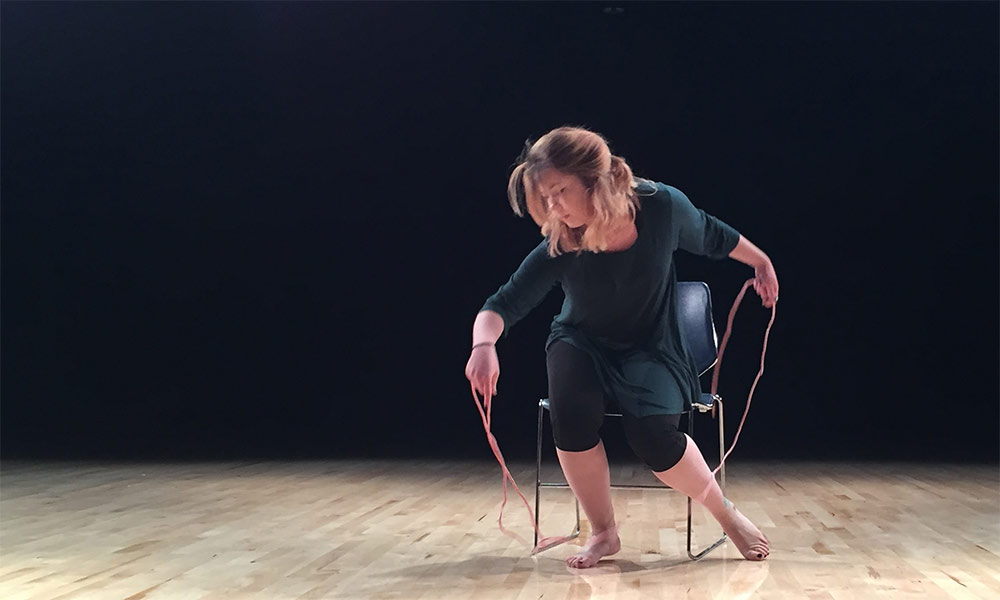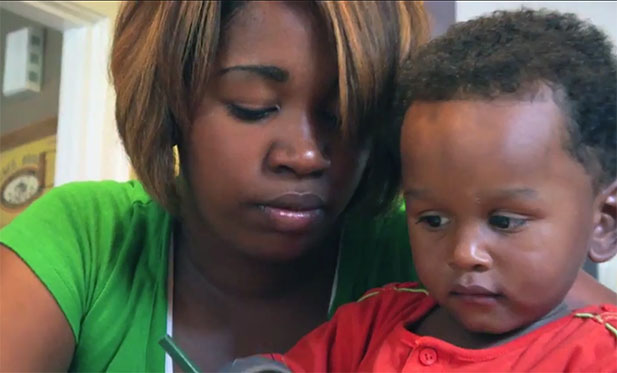
Teenagers’ ability to describe negative emotions protects against depression
A Rochester study shows that teenagers who can describe their emotions in precise and nuanced ways—saying ‘I feel ashamed’ instead of simply saying ‘I feel bad’—are better protected against depression than their peers who can’t.

National Suicide Prevention Week raises awareness of campus mental health resources
One-third of college students have seriously considered suicide. The University offers support for students or friends of students facing depression or suicidal thoughts.

Rochester’s first dance major choreographs her story
Through the Program of Dance and Movement, Caitlyn Gilmore ’17 says “I was able to explore this creative side that I had previously left untouched.”

Treated mothers pass along benefits of therapy
Study shows children also benefit when mothers receive therapy for depression. Part of the improvement is a result of shifting the mother’s vantage point with time-limited therapy that focuses on resolving symptoms and interpersonal issues.

Feeling blue? Grab your friends and have fun, say researchers
For those suffering from dysphoria—general unhappiness or elevated depressive symptoms—a Rochester study has found that experiencing or even just anticipating uplifting events in daily life was related to feeling less depressed that same day.

Depression Therapy Effective for Poor, Minority Moms
The study tested the effectiveness of interpersonal psychotherapy, a short-term depression treatment that has worked with more advantaged populations. The comparison was clear: home-based, interpersonal psychotherapy lifted depression much more effectively than standard care.
